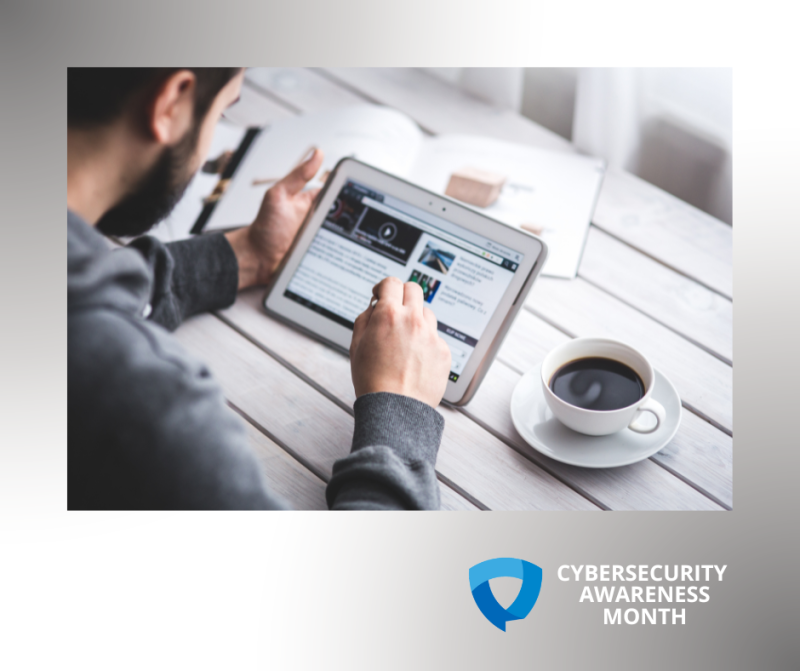In today’s digital world, protecting sensitive information is essential. Multi-factor authentication (MFA) offers significant advantages over traditional password-only methods.
Here are the key benefits:
Enhanced Security: MFA improves security by requiring multiple verification methods, making unauthorised access much harder. It can block 99.9% of automated attacks, according to Microsoft.
Protection Against Phishing: MFA safeguards against phishing and credential theft. Even if a password is compromised, attackers need additional authentication factors to gain access.
Customisable Security: Organisations can tailor MFA to fit their needs, enhancing security based on user roles or data sensitivity while keeping routine access user-friendly.
Improved User Trust: Implementing MFA boosts user confidence in data protection, leading to increased loyalty and satisfaction.
Regulatory Compliance: Many industries require MFA for compliance. Implementing it helps avoid penalties, especially in sectors handling sensitive data.
Cost-Effectiveness: While there’s an initial investment, MFA is often cheaper than the costs associated with data breaches.
In summary, multi-factor authentication enhances security, builds trust, and ensures compliance, making it essential for organisations to protect sensitive data in an evolving cyber threat landscape.

.png)

.png)



